 W
WIn Greek mythology, Amphiaraus or Amphiaraos was the son of Oicles, a seer, and one of the leaders of the Seven against Thebes. Amphiaraus at first refused to go with Adrastus on this expedition against Thebes as he foresaw the death of everyone who joined the expedition. His wife, Eriphyle, eventually compelled him to go.
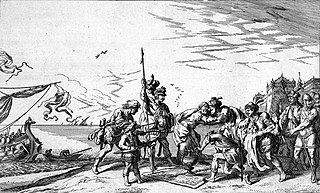 W
WIn Greek mythology, Anius was a king of Delos and priest of Apollo.
 W
WA minor god in Greek mythology, attested mainly by Athenian writers, Aristaeus, was the culture hero credited with the discovery of many useful arts, including bee-keeping; he was the son of the huntress Cyrene and Apollo.
 W
WAsclepius or Hepius is a hero and god of medicine in ancient Greek religion and mythology. He is the son of Apollo and Coronis, or Arsinoe, or of Apollo alone. Asclepius represents the healing aspect of the medical arts; his daughters are Hygieia, Iaso, Aceso, Aegle, Panacea. He has several sons as well. He was associated with the Roman/Etruscan god Vediovis and the Egyptian Imhotep. He shared with Apollo the epithet Paean. The rod of Asclepius, a snake-entwined staff, remains a symbol of medicine today. Those physicians and attendants who served this god were known as the Therapeutae of Asclepius.
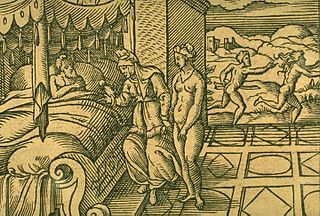 W
WIn Greek mythology, Cinyras was a famous hero and king of Cyprus. Accounts vary significantly as to his genealogy and provide a variety of stories concerning him; in many sources he is associated with the cult of Aphrodite on Cyprus, and Adonis, a consort of Aphrodite, is mentioned as his son. Some scholars have proposed a connection with the minor Ugaritic deity Kinaru(m), the god of the lyre. The city Cinyreia on Cyprus was believed to have taken its name from Cinyras. According to Strabo, he had previously ruled in the city of Byblos in Phoenicia.
 W
WIn Greek mythology, Cycnus or Cygnus, was a son of Apollo by Hyrie or Thyrie, daughter of Amphinomus.
 W
WEurydice was a character in Greek mythology and the wife of Orpheus, who tried to bring her back from the dead with his enchanting music.
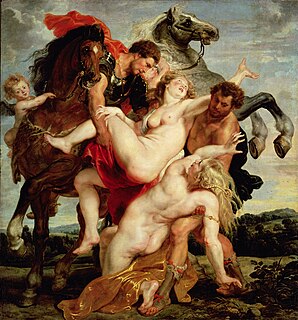 W
WIn Greek mythology, Hilaera was a Messenian princess.
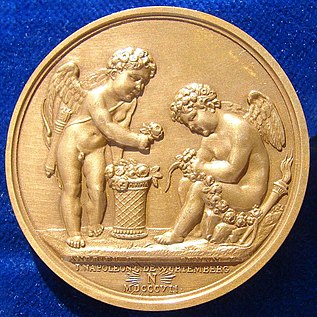 W
WHymen, Hymenaios or Hymenaeus, in Hellenistic religion, is a god of marriage ceremonies, inspiring feasts and song. Related to the god's name, a hymenaios is a genre of Greek lyric poetry sung during the procession of the bride to the groom's house in which the god is addressed, in contrast to the Epithalamium, which is sung at the nuptial threshold. He is one of the winged love gods, Erotes.
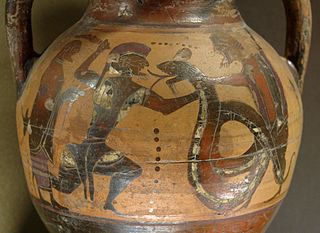 W
WAccording to Greek mythology, the Korybantes or Corybantes were the armed and crested dancers who worshipped the Phrygian goddess Cybele with drumming and dancing. They are also called the Kurbantes in Phrygia.
 W
WIn Greek mythology, Lycomedes, also known as Lycurgus, was the most prominent king of the Dolopians in the island of Scyros near Euboea during the Trojan War.
 W
WOrpheus is a legendary musician and prophet in ancient Greek religion. He was also a renowned poet and, according to the legend, travelled with Jason and the Argonauts in search of the Golden Fleece.
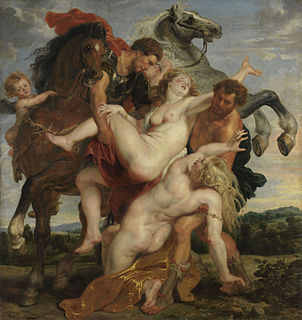 W
WIn Greek mythology, Phoebe was a Messenian princess.
 W
WIn Greek mythology, Scylla is a legendary monster who lives on one side of a narrow channel of water, opposite her counterpart Charybdis. The two sides of the strait are within an arrow's range of each other—so close that sailors attempting to avoid Charybdis would pass dangerously close to Scylla and vice versa.
 W
WTroilus is a legendary character associated with the story of the Trojan War. The first surviving reference to him is in Homer's Iliad, which some scholars theorize was composed by bards and sung in the late 9th or 8th century BC.